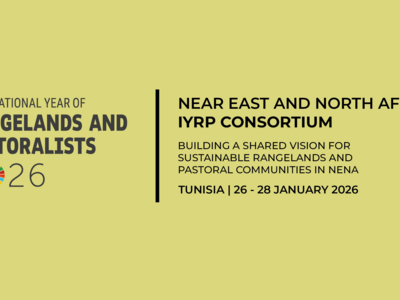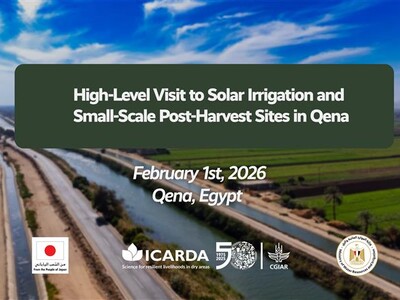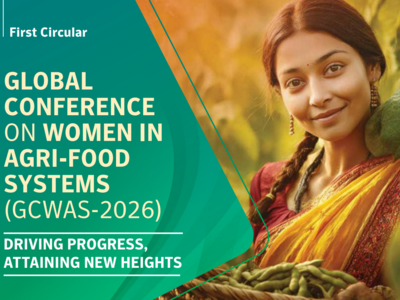ICARDA at the XI International Congress on Cacti as Food, Fodder and Other Uses
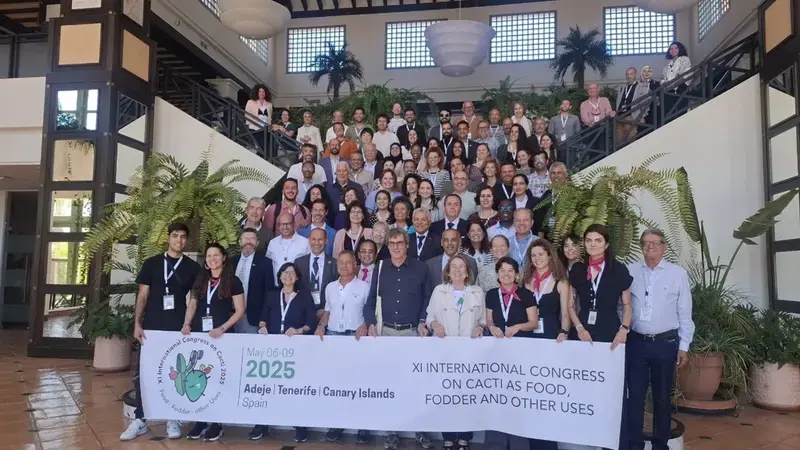
From May 6 to 9, 2025, leading scientists and agriculture innovators convened in Tenerife, Canary Islands, for the XI International Congress on Cacti as Food, Fodder and Other Uses. The event was hosted by the Instituto de Investigación en Ciencias de la Alimentación (CIAL, CISC-UAM), the Instituto Canario de Investigaciones Agrarias (ICIA), and the Cabildo Insular de Tenerife, in partnership with the International Society for Horticultural Science (ISHS) and the International Network for Technical Cooperation on Cactus Pear (FAO-ICARDA CACTUSNET).
ICARDA played a key role in the congress, with significant contributions from several of its scientists.
Dr. Sawsan Hassan, Associate Scientist – Forage Agronomist, represented ICARDA as a member of the Organizing Committee and shared insights during the session on Pre- and Postharvest Practices and Ecophysiology of Cacti with a presentation titled: “Soil Quality Assessment for Sustainable Cultivation of Opuntia ficus-indica.”
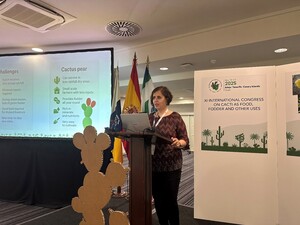
“Our work with cactus pear goes beyond research—we bring our findings directly to farmers through demonstrations, field days, and hands-on engagement, ensuring science-based solutions reach and empower those who need them most.”
As ICARDA’s focal point for CACTUSNET, Dr. Hassan also participated in the General Meeting of the FAO-ICARDA International Network for Technical Cooperation on Cactus Pear and Cochineal.
Dr. Mounir Louhaichi, Rangeland Scientist and Research Team Leader, joined the Round Table on Policies in International Cooperation, which focused on “R&D and Innovation of Local and Global Industrial Use of Cactus: Sustainability, Nutritional Security, Bioeconomy, and Legislation.”
He delivered a presentation on “Cactus Pear Multifunctionality as a 5F Crop – Food, Feed, Fuel, Fashion, and Fertilizer,” highlighting the crop’s multifaceted value in dryland systems.
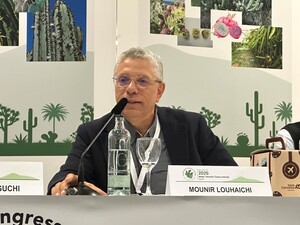
“There is an urgent need for the FAO-ICARDA CactusNet to establish a global observatory for cactus R4D in order to monitor and disseminate innovations. In parallel, as the cochineal pest continues to spread across the Mediterranean region and beyond, it is essential to develop and promote sustainable co-existence strategies through the adoption of appropriate cultural and management protocols,” he highlighted.
Makiko Taguchi, Agricultural Officer at FAO and FAO’s focal point for CACTUSNET, added:
“Food is life, and in the drylands, where resources are scarce, the cacti stand as a beacon of hope. It's not just about providing nourishment; it's about creating livelihoods and transforming communities.”
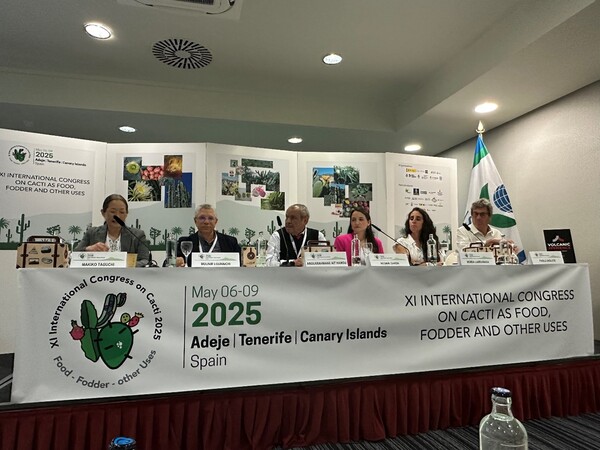
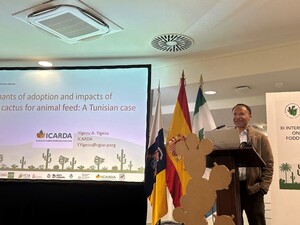
Dr. Yigezu Atnafe Yigezu, Principal Agricultural Economist, shared findings from Tunisia in his talk titled: “Determinants of Adoption and Impacts of Spineless Cactus for Animal Feed,” showcasing ICARDA’s research on adoption drivers and socioeconomic outcomes.
“Cactus pear offers numerous benefits, making it not just a crop for today, but a crop for the future. There is a pressing need to build a strong economic case for the ecosystem services it provides.”
ICARDA remains committed to delivering science-based solutions that address today’s most pressing agricultural challenges and build resilient livelihoods in drylands and beyond.
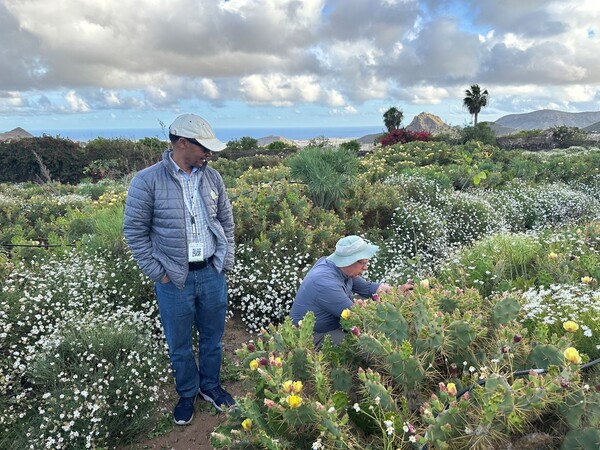
CGIAR Multifunctional Landscapes Program
Food and Agriculture Organization (FAO)

